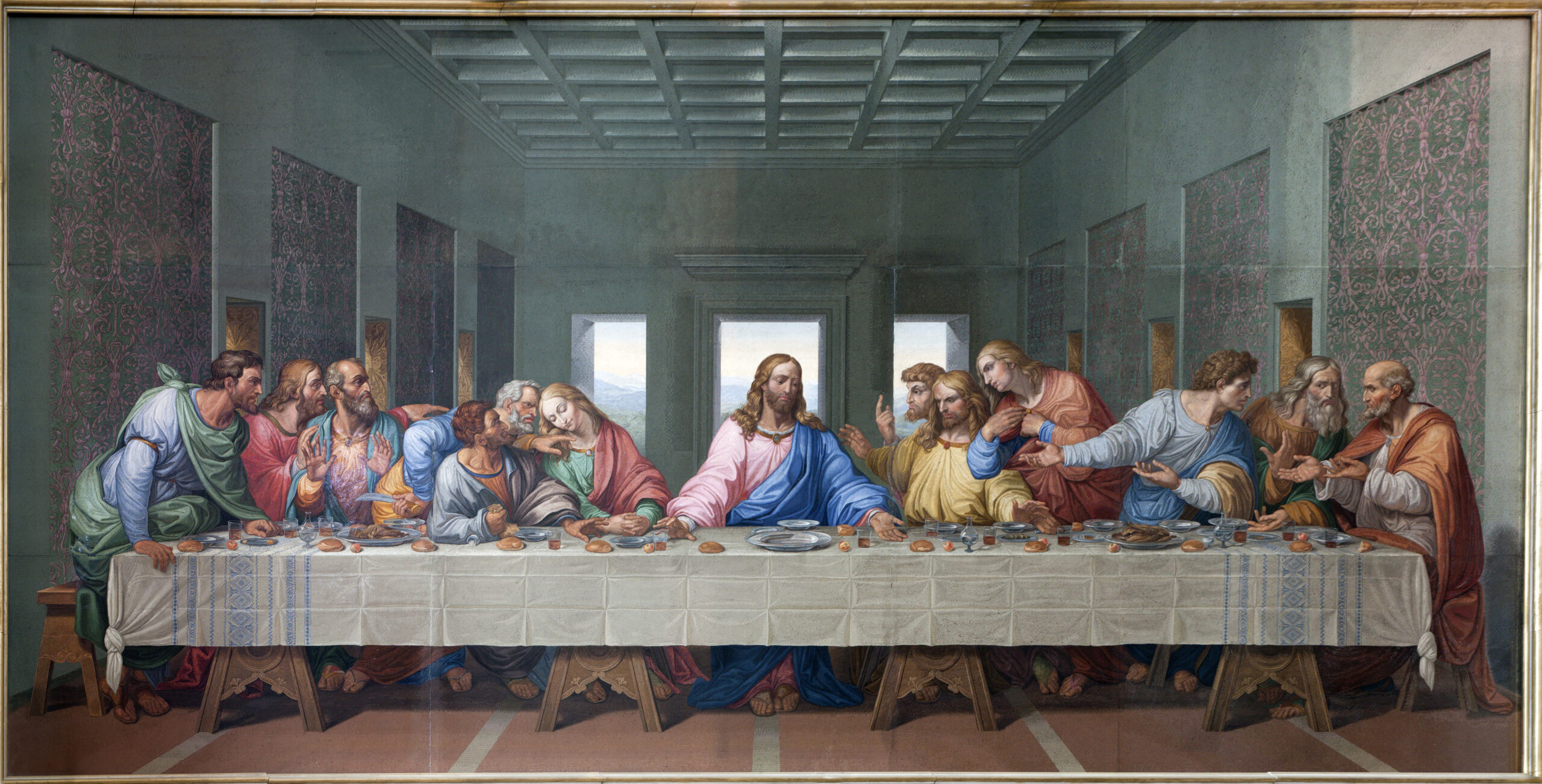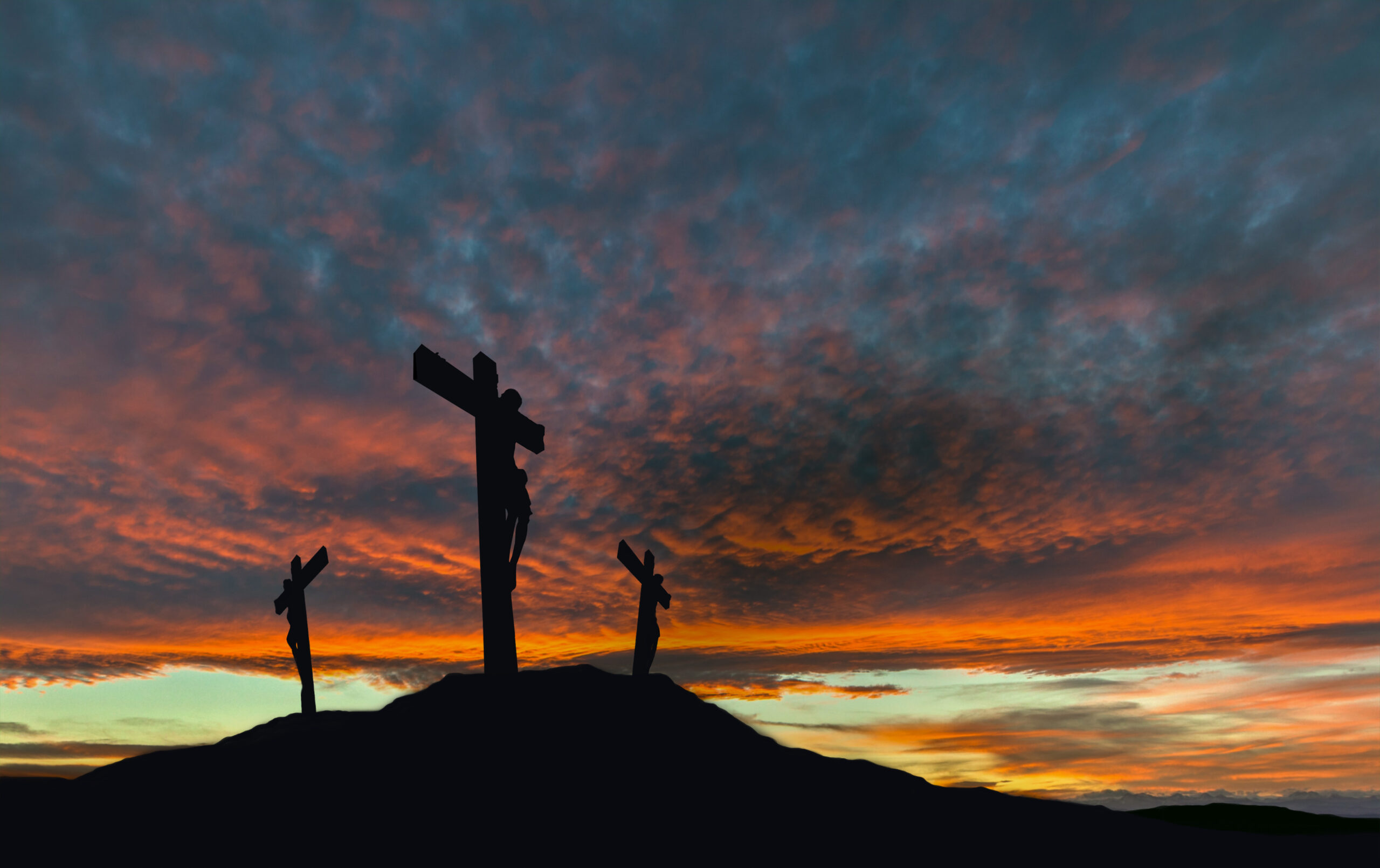Good Friday, observed annually by Christians on the Friday before Easter, commemorates the Crucifixion of Jesus Christ. The day is marked by sorrow, penance, and fasting, as reflected in the German term “Karfreitag” meaning “Sorrowful Friday.” The date of Good Friday varies each year between March 20 and April 23, depending on the date of Passover, which follows the Jewish lunisolar calendar.
According to the Synoptic Gospels, Jesus’ Last Supper with his disciples was a Passover seder, placing his death on 15 Nisan of the Jewish calendar or the first day of Passover on the Gregorian calendar, which would be April 7. However, the Gospel According to John suggests that Passover had not yet begun, placing Jesus’ death on 14 Nisan. Despite this discrepancy, Christians do not commemorate a fixed date but rather follow the date of Passover, relating the Last Supper to the seder.
In early Christianity, Jesus’ Last Supper, death, and Resurrection were observed in one commemoration. However, by the 4th century, these events were observed separately, with Easter becoming the focal point as the commemoration of Jesus’ Resurrection.

The liturgical celebration of Good Friday has evolved over time. In the Roman Catholic Church, mass is not celebrated on Good Friday, but a liturgy is performed, including the reading of the Gospel Passion narrative, adoration of the cross, and Communion. Laypeople have been allowed to commune on Good Friday since 1955. The Three Hour Service, a prayerful meditation on Jesus’ “Seven Last Words on the Cross,” was introduced in the 17th century by the Jesuits and takes place between noon and 3 PM.
In the Anglican Communion, The Book of Common Prayer allows for the reception of the “reserved sacrament” on Good Friday. Similar services occur in the Eastern Orthodox tradition, where no Communion is celebrated. Protestant churches also hold various liturgical services on Good Friday, with a trend in some denominations towards adopting Catholic rituals.
Unlike Christmas and Easter, which have secular traditions, Good Friday’s intense religious significance has not led to secular customs and practices. It remains a day of solemn observance for Christians worldwide that Jesus died for the salvation of His people.

